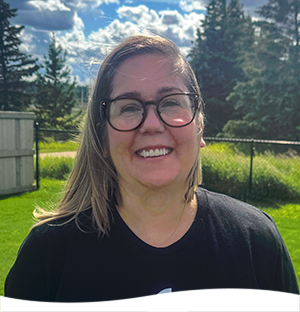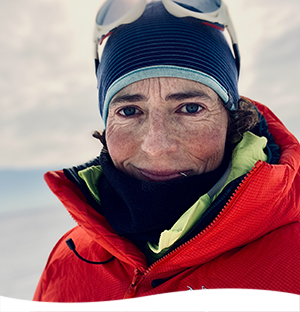Mistawasis Nêhiyawak – Bringing Brother Buffalo Home
The goals of this initiative are to build capacity and complete planning for the reintroduction of buffalo to the Mistawasis Nêhiyawak First Nation community in Saskatchewan (Treaty 6).
Bison are of central importance to the Nation’s culture. At one time bison provided valuable sustenance, as well as tools, clothing, and shelter for the people. Reintroducing Brother Buffalo will bring back a healthy, traditional food source of great cultural and spiritual importance, and help to restore the ecosystem by creating habitat for other relatives – animals, plants, and insects – that have long been absent.
This project also helps to address climate change, as droughts, flooding, changing habitats, and shifting migration paths have all been experienced in the community in recent years.
TRI is honoured to be a partner in this initiative and aims to support the Mistawasis community by:
- Conducting a climate risk assessment,
- Co-developing bison and greenhouse gas (GHG) monitoring plans,
- Offering educational and training opportunities, and,
- Participating in community engagement activities.
Training for participants will cover greenhouse gas sequestration measuring, species inventories, and bison management.
Bringing back Brother Buffalo can simultaneously strengthen the community’s nêhiyaw (Plains Cree) culture, provide culturally relevant and healthy food for citizens, mitigate climate change by sequestering carbon, and help adapt to future climate impacts as the ecosystem heals.




